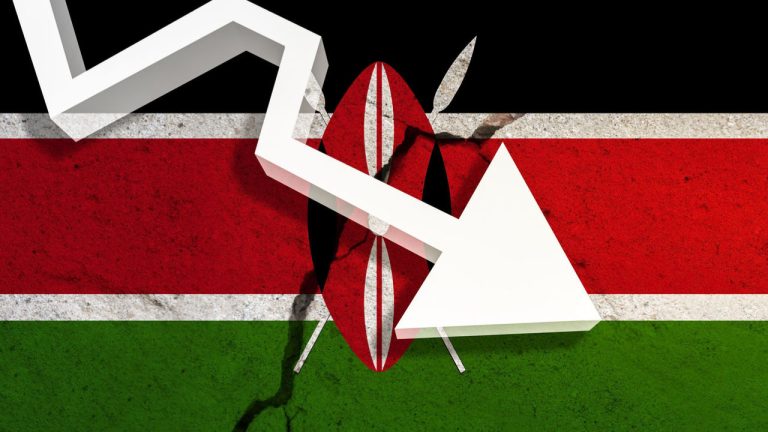Kenyan Forex Crisis: Central Bank Orders Financial Institutions to Ration Dollars

Growing shortages of foreign exchange on the interbank market have reportedly forced the Central Bank of Kenya to ask financial institutions to ration dollar purchases by Kenyan businesses. The shortages have forced Kenyan firms to seek greenbacks on alternative markets where the exchange rate is higher than the official government rate.
New Limits Curtailing Operations of Kenyan Firms
Kenya’s ongoing foreign exchange shortages have reportedly forced the Central Bank of Kenya (CBK) to instruct financial institutions to impose caps on the amount of forex that businesses and individuals can purchase. According to a Business Daily report, some financial institutions have imposed caps as low as $5,000 per day. The imposed limits make it difficult for Kenyan manufacturers and importers to meet their obligations.
The shortages, which reportedly began in mid-2022, suggest that the country’s foreign currency woes are worsening. In October of that year, a CBK statement denied Kenyan Deputy President Rigathi Gachagua’s claims that the country lacked foreign exchange to import oil. The central bank insisted at the time that all the forex used for oil imports is sourced from commercial banks.
Despite the CBK’s contention that the country had sufficient foreign reserves, an unnamed executive with a local manufacturing company suggested that the situation is getting worse.
“We are now scavenging for dollars. Only half of every six banks we call daily for dollars will have something for us. Three of the banks will ask us to check later,” the executive said.
The executive added that while some fortunate businesses have secured as much as $50,000, these funds are still far below what they need.
Kenya’s Declining Foreign Exchange Reserves
Meanwhile, the report suggested that top Kenyan firms are now sourcing dollars from forex-rich firms such as those in the hospitality and aviation industry. Also, instead of using the official exchange rate of 127.39, the firms are reportedly using a higher rate of 137 shillings for every dollar.
Some Kenyan commentators have attributed the dollar shortages to tough rules introduced by the CBK that targeted illegal forex dealers. The commentators insist that the tougher rules have crippled the operations of the foreign exchange interbank market.
However, the CBK governor, Patrick Njoroge, is quoted in a January Reuters report asserting that Kenya has adequate reserves. Njoroge made the remarks after it was revealed that Kenya’s foreign exchange reserves had fallen below the statutory requirement of four months of import cover.
Register your email here to get a weekly update on African news sent to your inbox:
What are your thoughts on this story? Let us know what you think in the comments section below.



